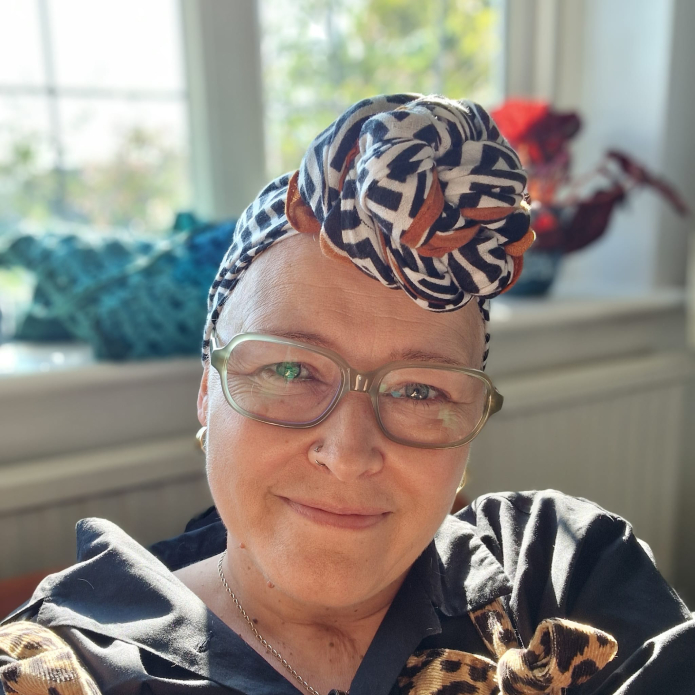Nancy Kelley is the Executive Director at DIVA and a Director of the Trans Solidarity Alliance. She is an award-winning LGBTQIA+ and human rights campaigner. From 2020 to 2023, Nancy was the CEO of Stonewall and prior to that, the Deputy Chief Executive at the National Centre for Social Research.
Lesbian Visibility Week runs from 21 to 27 April, with Lesbian Visibility Day on 26 April. It was great chatting to Nancy about the issues faced by LGBTQIA+ women.
I began by asking Nancy why Lesbian Visibility Week is important?
Lesbian Visibility Week is important, because it’s an opportunity to really focus on the experiences, the needs, the talents of LGBTQIA+ women and non-binary people. It’s still the case that our experiences, needs and talents are not recognised, seen or attended to even within the LGBTQIA+ community. This year is particularly exciting because we’re focusing on celebrating rainbow families, in all the forms they take – from our chosen family to LGBTQIA+ women and non-binary people having children, or looking after parents.
It’s an opportunity to celebrate LGBTQIA+ women and non-binary people’s families and also fight for equity. One of the things we’re doing this year is focusing on removing discrimination in family formation, in areas like access to IVF. It’s still the case that in England and Wales we can be forced to pay for thousands of pounds of private healthcare to access IVF, that a straight couple could access without private care. It’s great to be focusing on our families and the place they have in this world.
Are the rights of LGBTQIA+ women and non-binary people being rolled back in the UK?
It is definitely the case that the rights of trans women and trans people generally are under threat. For example, access to healthcare for trans and non-binary children and young people, which has been almost completely blocked in the UK, but also access to gender-affirming healthcare for trans adults where there is a huge waiting list. There’s enormous pressure around trans inclusion. There are court cases all the time trying to limit trans and non-binary people’s ability to access spaces that feel comfortable for them, or to participate fully in society. We should all care about this because trans and non-binary people deserve our solidarity and also because we know the LGBTQIA+ community stands and falls together.
